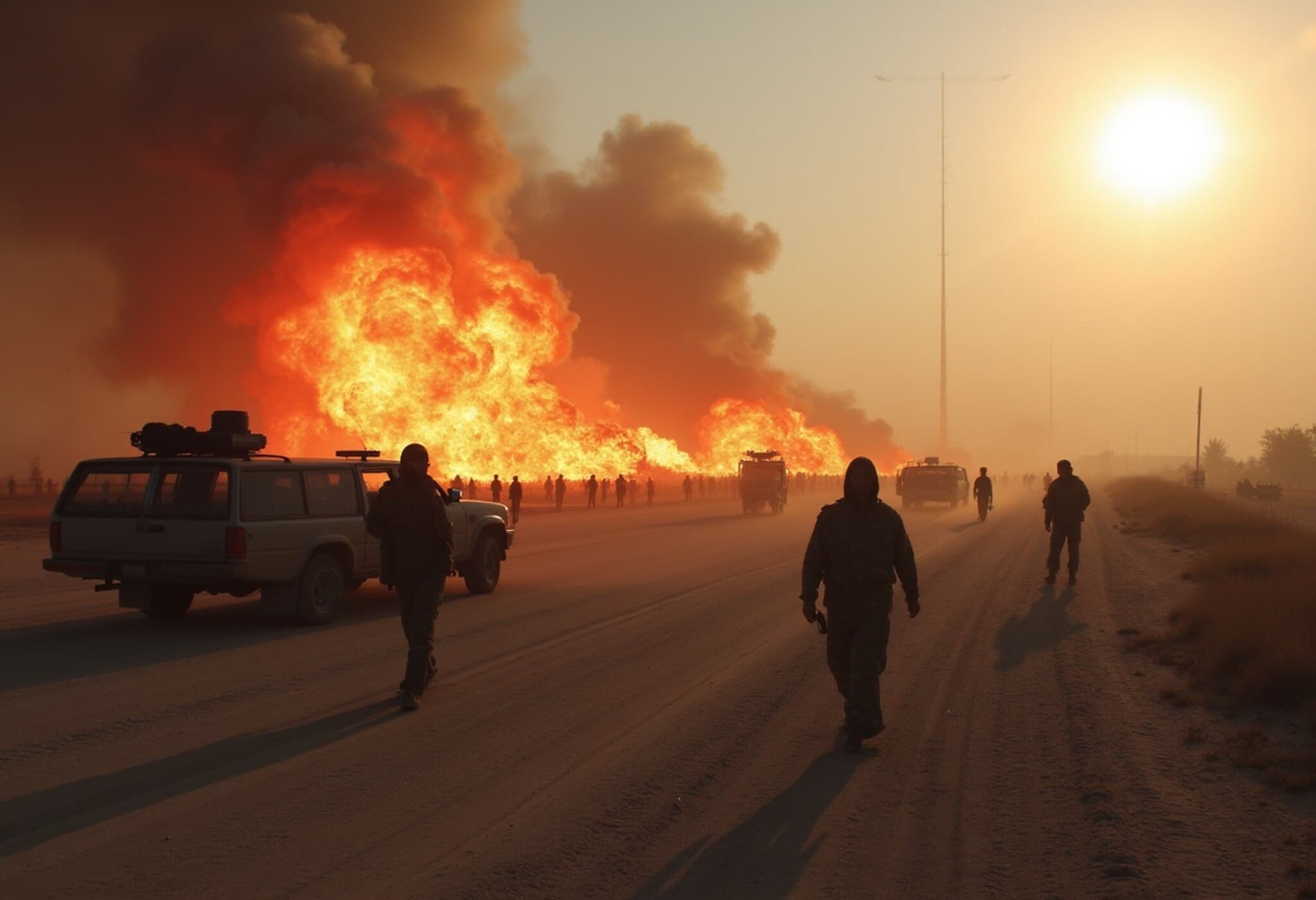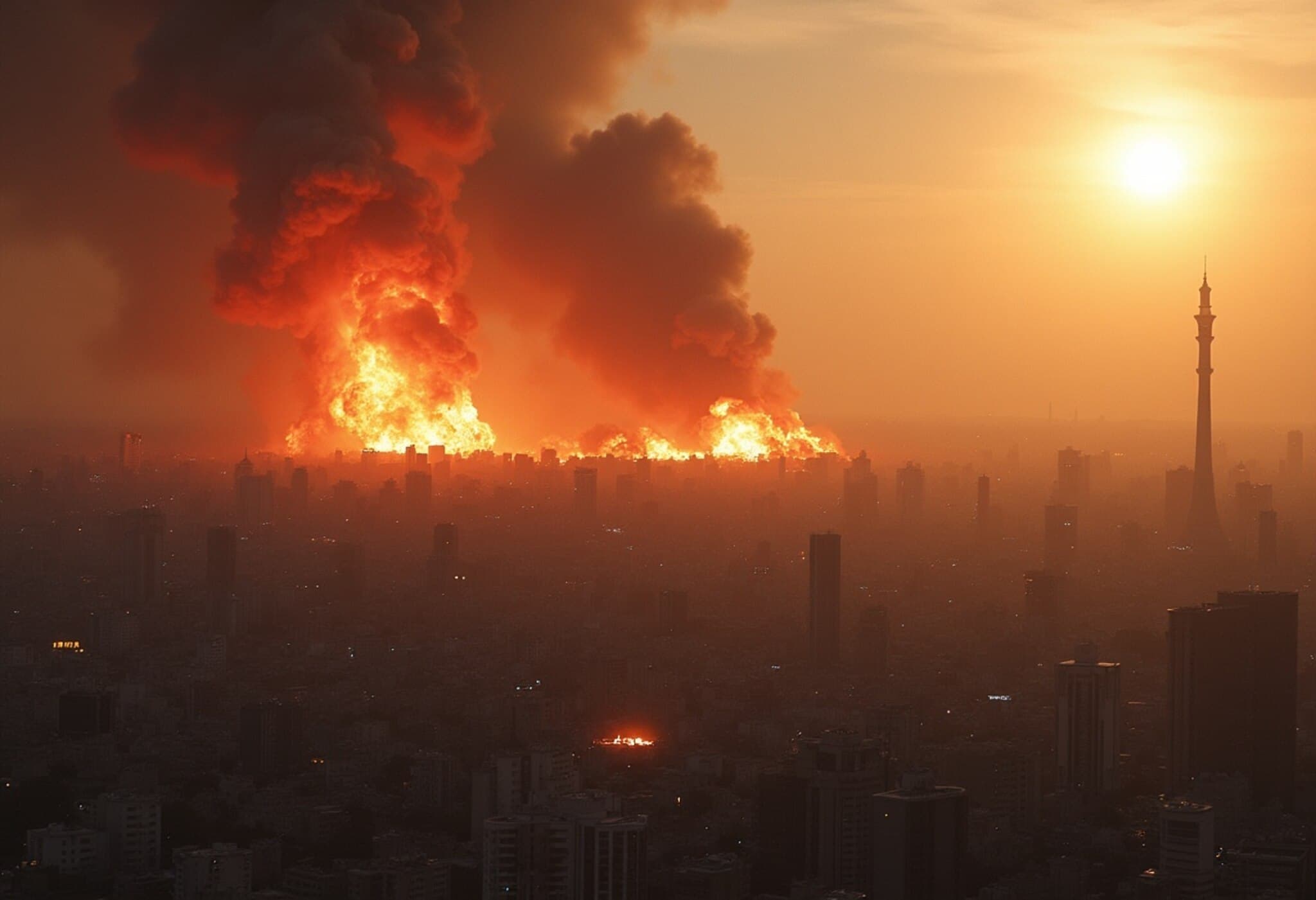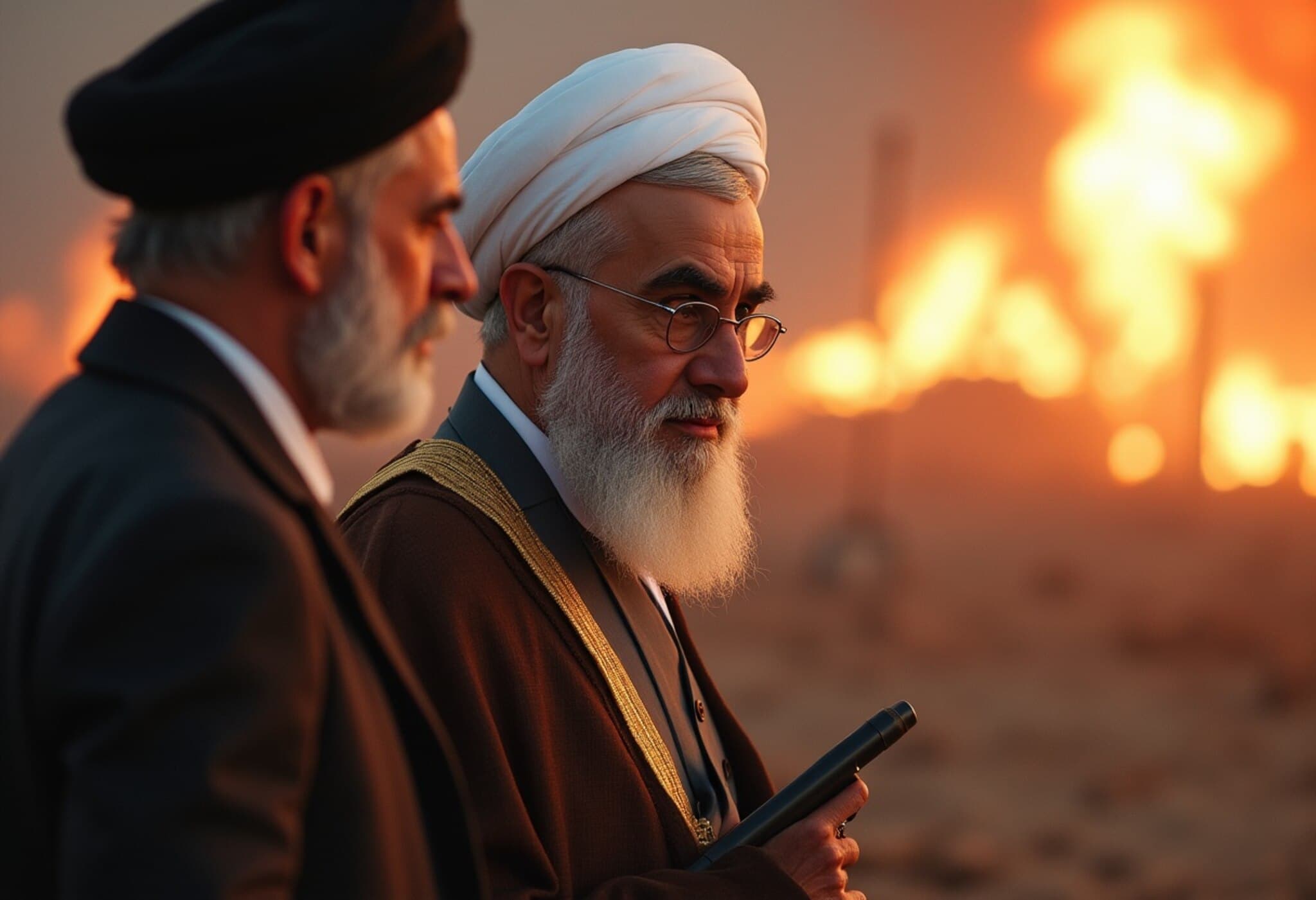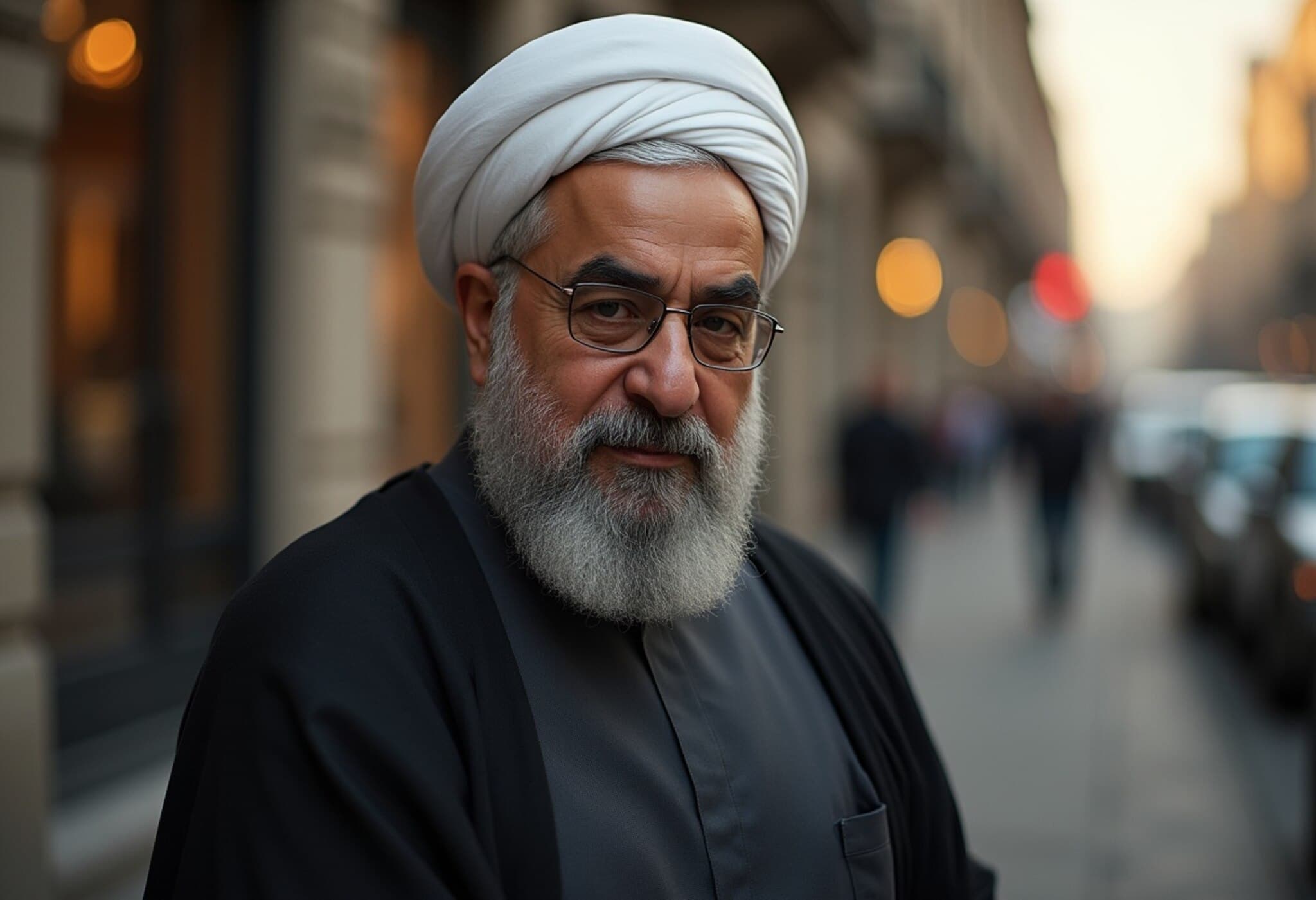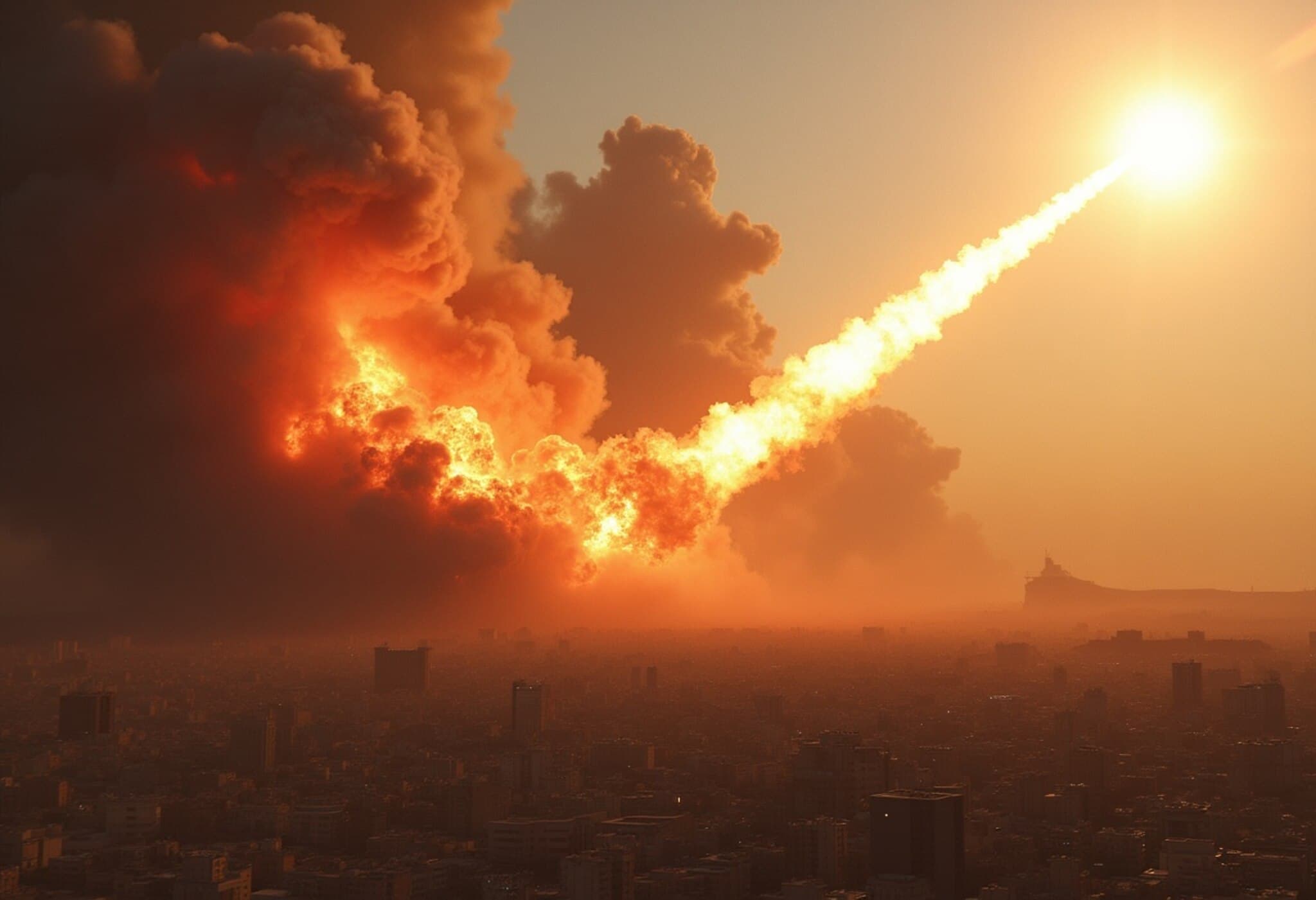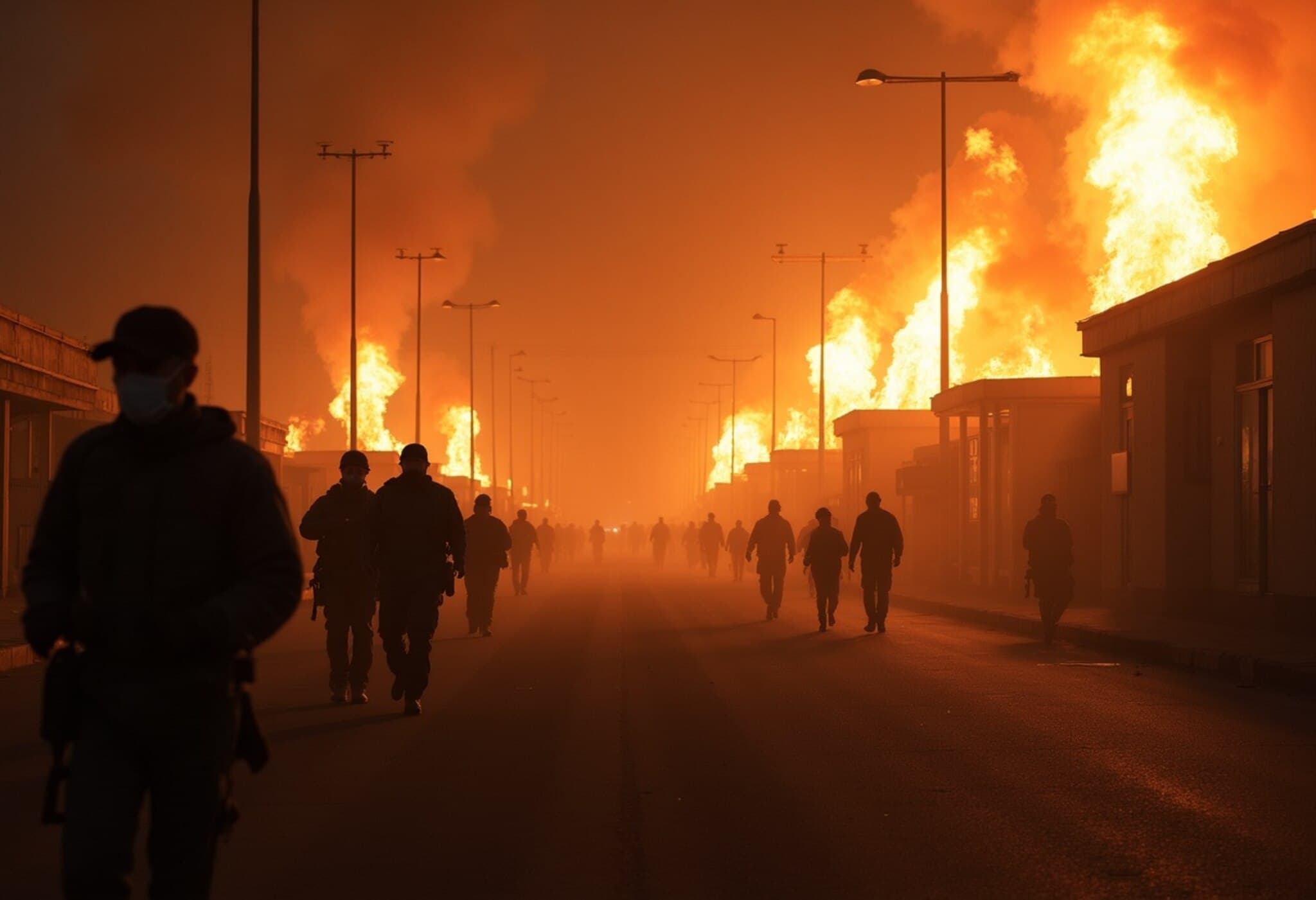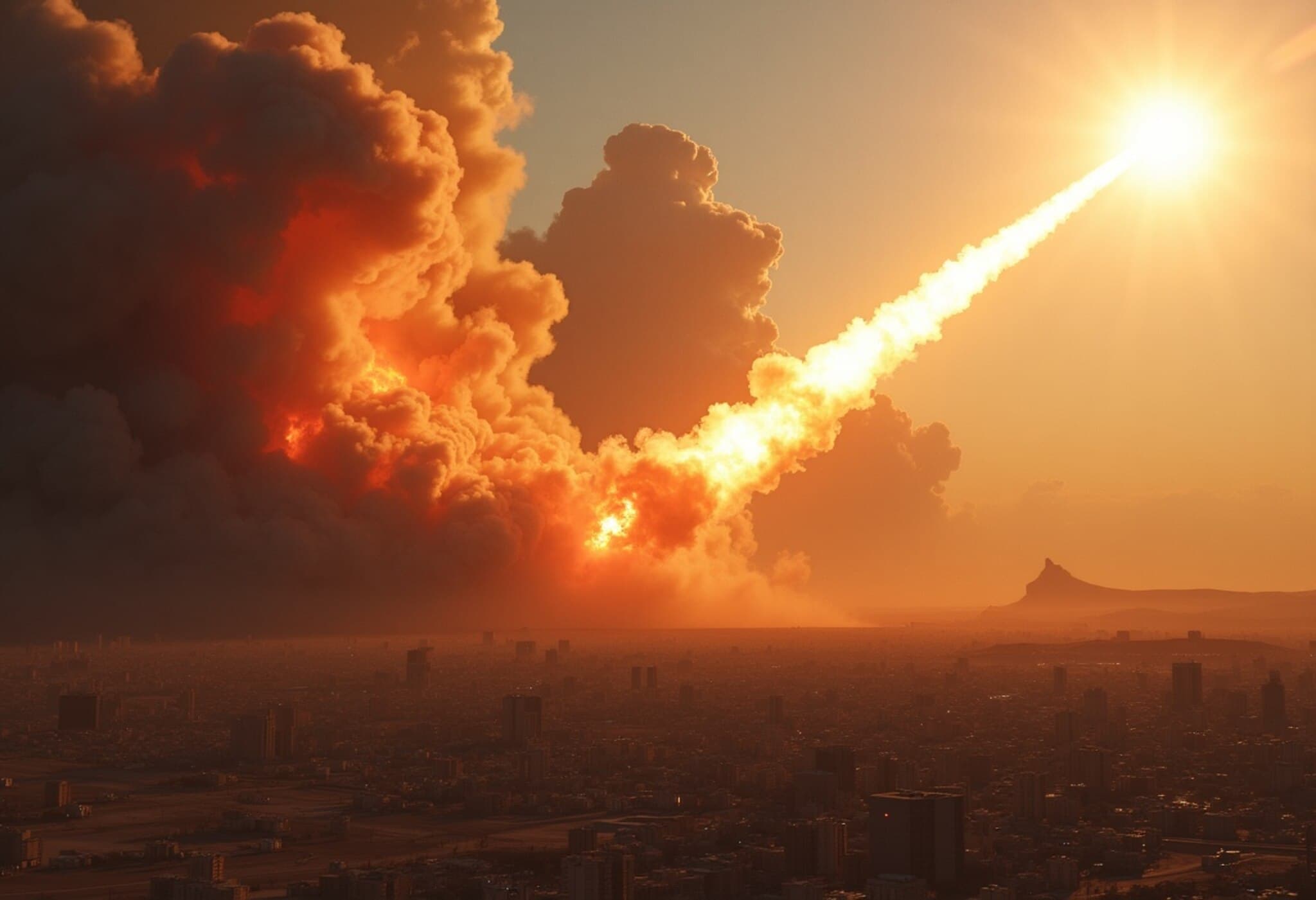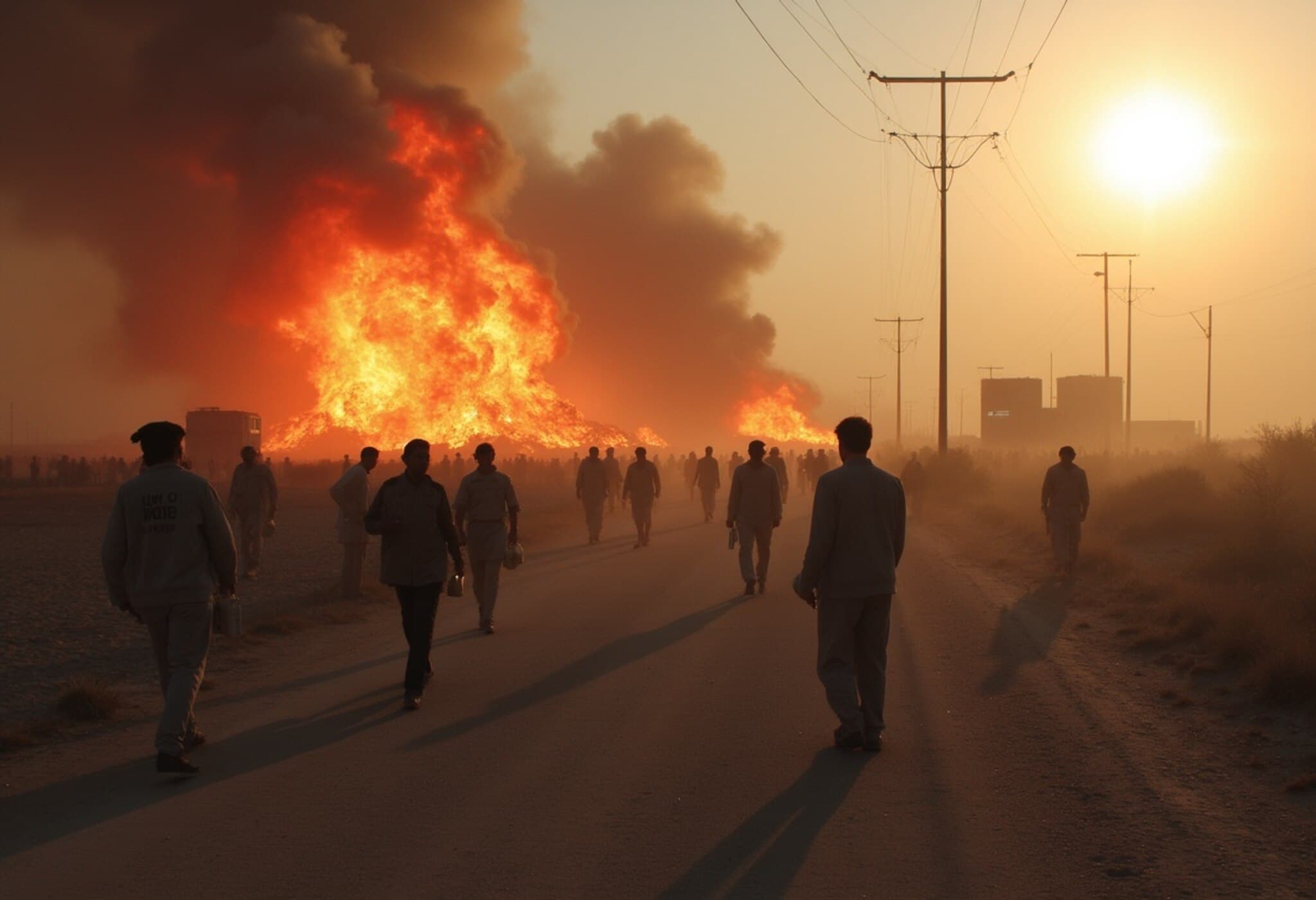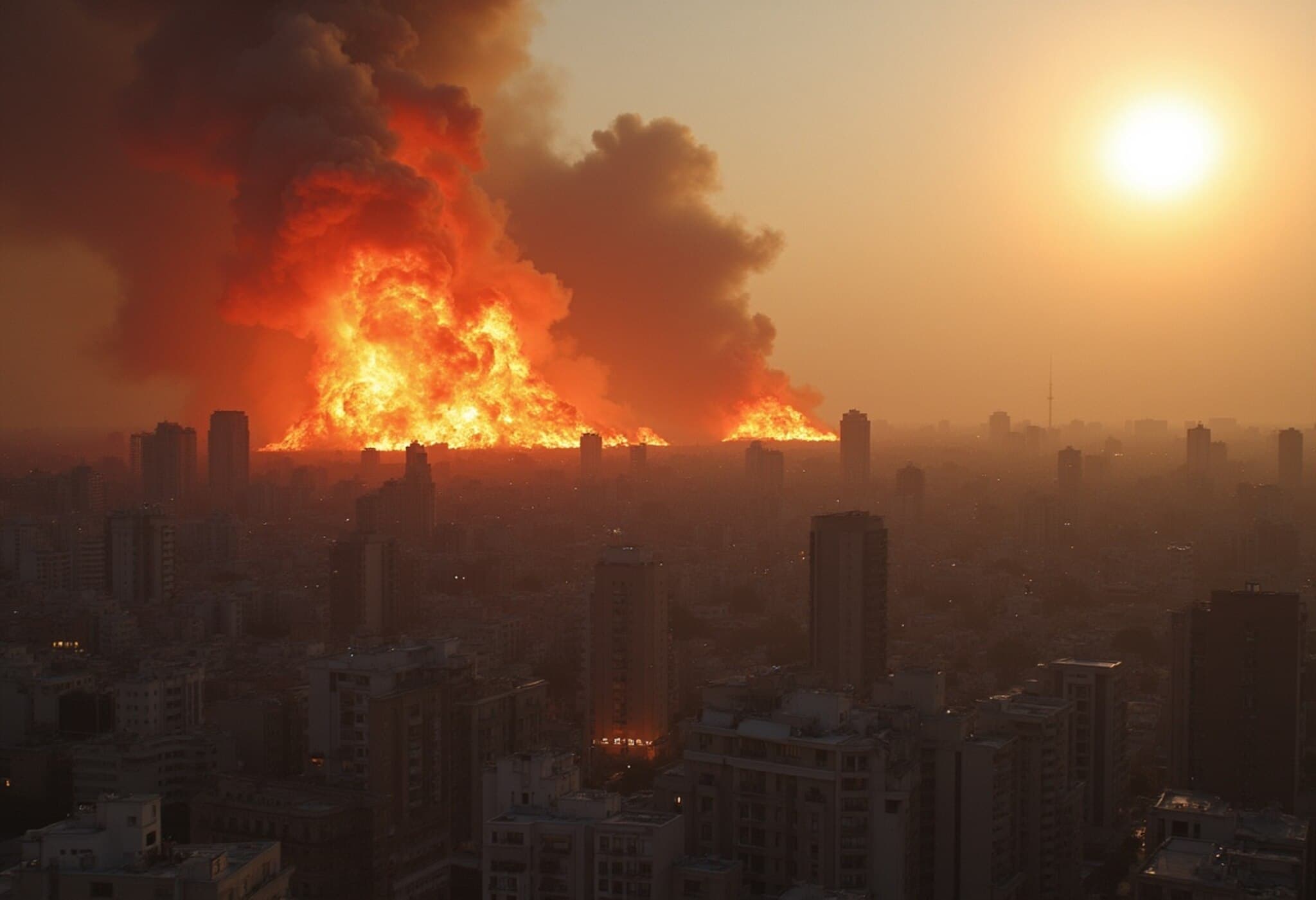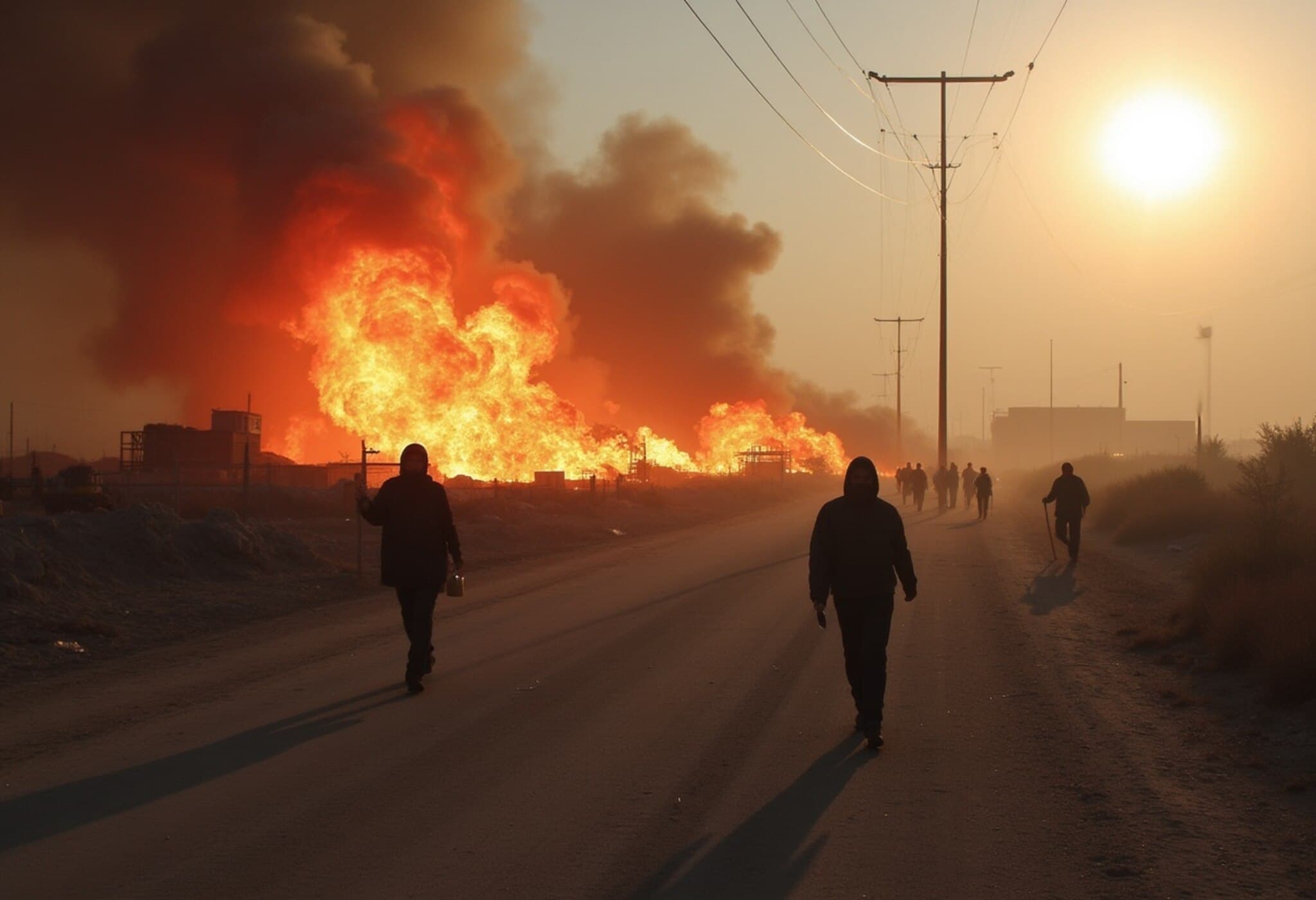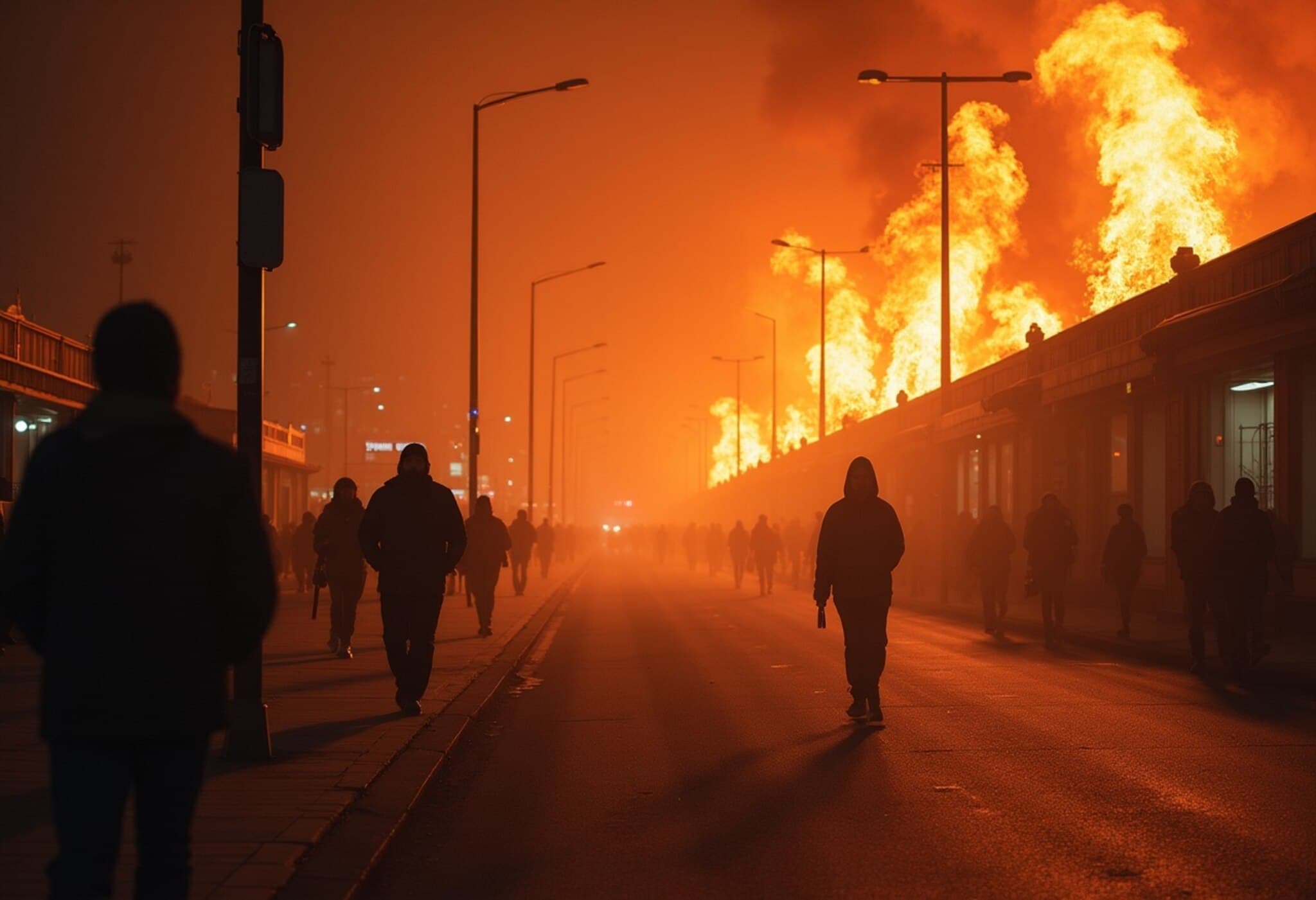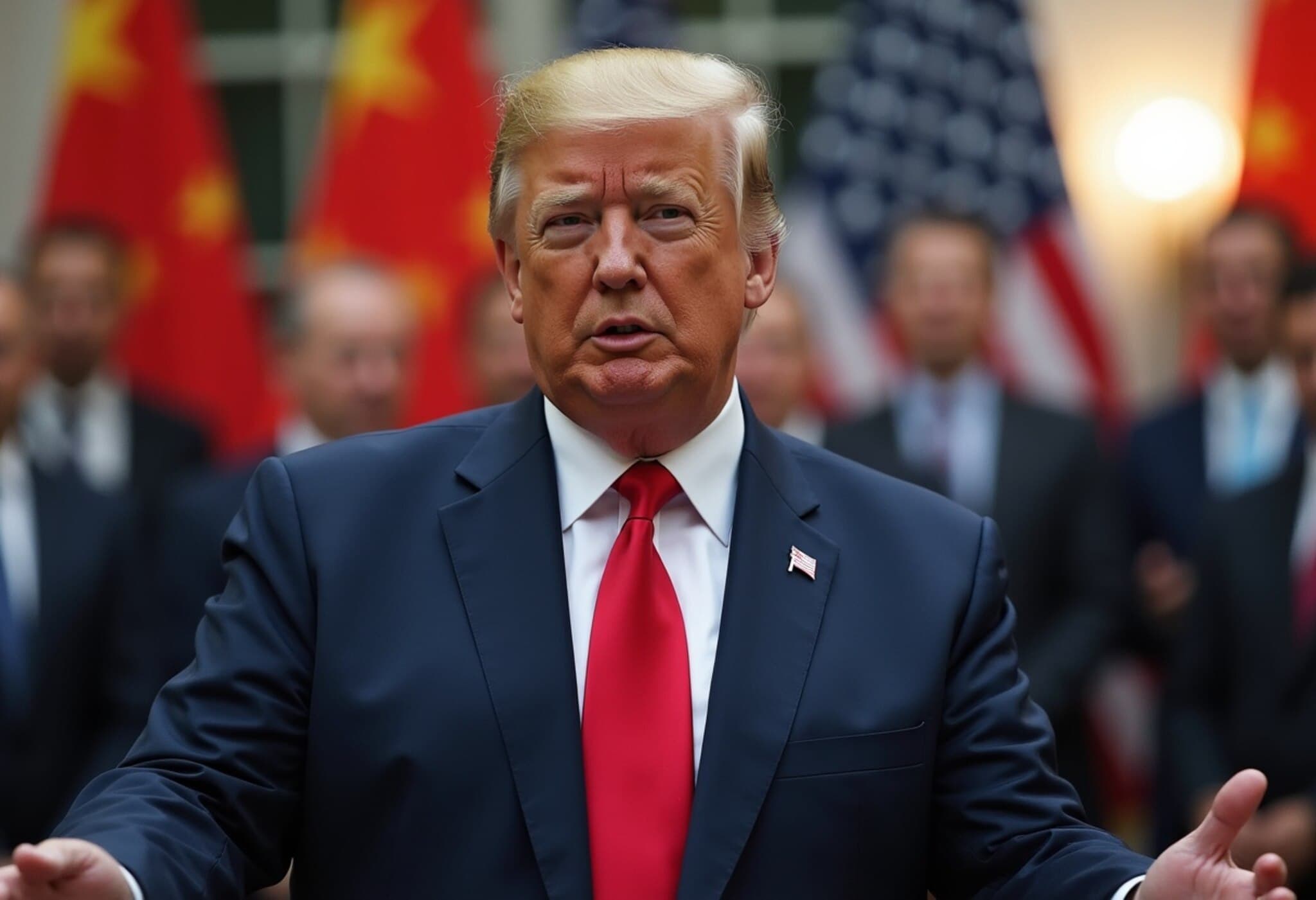Ceasefire Declared Amid Ongoing Tensions Between Iran and Israel
In a dramatic turn of events, a ceasefire was announced between Iran and Israel after intense conflict marked by missile strikes and military offensives. The announcement came from the US President, who hailed the ceasefire as the end of what he called "the 12-day war," congratulating both nations for their courage and willingness to seek peace. Despite the declaration, intermittent missile activity continued, casting uncertainty over the conflict’s future trajectory.
US Steps In as Both Ally and Peacemaker
The United States took a decisive role, claiming to have significantly diminished Iran’s nuclear capabilities through precision attacks over the weekend. The US President stated that Iran’s nuclear sites had been "completely and totally obliterated," signaling a strong show of force aimed at deterring further aggression.
Despite Iran’s missile strikes targeting a US base in Qatar, no casualties were reported. The US military successfully intercepted 13 out of 14 missiles fired at the Al Udeid Air Base, and the damage was minimal. Acknowledging Iran’s advance warnings allowed US forces to prepare, the President emphasized the incident as a "win-win," reflecting a balance of strength and restraint.
This approach enabled the US to emerge with strategic advantages, taking credit for halting further violence and promoting a path toward peace.
Israel Declares Objectives Achieved Amidst Continued Conflict
Israel’s week-long campaign preceding the US strikes focused on gaining air superiority and weakening Iran’s air defenses, including eliminating key commanders from the Islamic Revolutionary Guard Corps. Israeli officials claimed they succeeded in neutralizing existential threats related to Iran’s nuclear and missile programs.
The Israeli Prime Minister endorsed the ceasefire, stating that all military goals had been met and lauded coordinated efforts with the US. However, some political analysts questioned the clarity of Israel’s objectives, suggesting that shifting rhetoric—from dismantling nuclear capabilities to regime change—complicated the conflict’s narrative.
This alliance with the US has bolstered Israel’s standing internationally and domestically, framing the ceasefire as a shared strategic victory.
Iran’s Calculated Response to Rising Pressure
Under immense pressure after US airstrikes, Iran pursued a measured response designed to demonstrate resistance without provoking full-scale escalation. Supreme Leader Ayatollah Khamenei directed a missile strike on the US’s Al Udeid Air Base in Qatar, a symbolic gesture aimed at saving face while avoiding casualties.
Iran’s prior warnings prevented harm and allowed regional allies to prepare. Iranian state media depicted the missile strike as a powerful act of defiance, framing it as an assertion that the era of "hit and run" attacks was over.
Following the ceasefire, Iran’s national security council acknowledged the truce but emphasized lingering mistrust toward Israel, affirming readiness to respond decisively to any violations.
A Truce with Many Interpretations of Victory
Experts highlight that while all parties claim success, none have achieved an unequivocal strategic triumph. The US can point to setbacks imposed on Iran’s nuclear ambitions. Israel has weakened a regional adversary’s military capabilities. Iran maintains that it has survived a stronger military coalition’s offensive and preserved its stance of resistance.
As missiles quiet and diplomatic efforts take center stage, the closely-watched ceasefire underscores the delicate balance of power and the complex dynamics shaping the broader Middle Eastern conflict.

